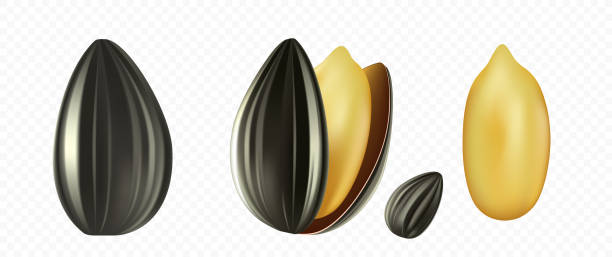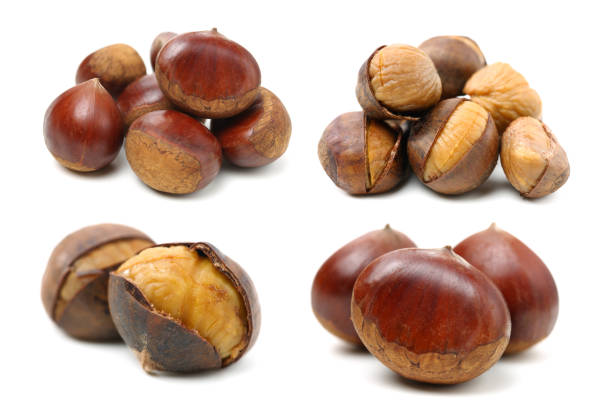Sunflower seeds, derived from the vibrant blooms of the sunflower plant, are not only a popular snack but also a nutritional powerhouse packed with essential nutrients that support overall health and well-being. These small seeds offer a diverse range of vitamins, minerals, healthy fats, and antioxidants, making them a valuable addition to any diet.

One of the standout features of sunflower seeds is their high content of healthy fats, particularly monounsaturated and polyunsaturated fats. These fats, including omega-6 fatty acids, play a crucial role in supporting heart health by reducing LDL (bad) cholesterol levels and lowering the risk of cardiovascular disease. Additionally, the presence of phytosterols in sunflower seeds may help lower cholesterol levels and improve heart health further.
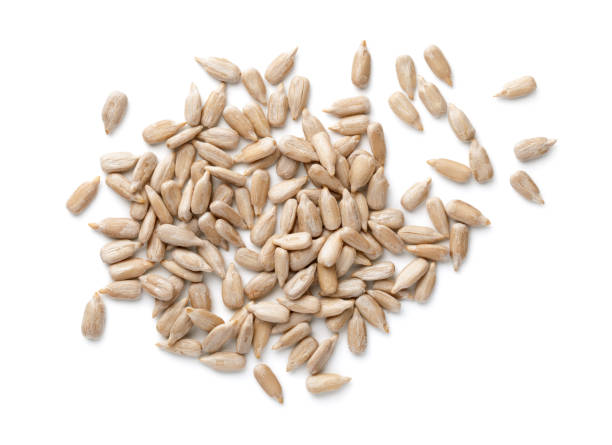
Moreover, sunflower seeds are an excellent source of plant-based protein, containing all nine essential amino acids necessary for muscle growth and repair. Incorporating sunflower seeds into a balanced diet can help meet protein needs, especially for individuals following vegetarian or vegan lifestyles. Protein is essential for various bodily functions, including building and repairing tissues, supporting immune function, and regulating hormones.
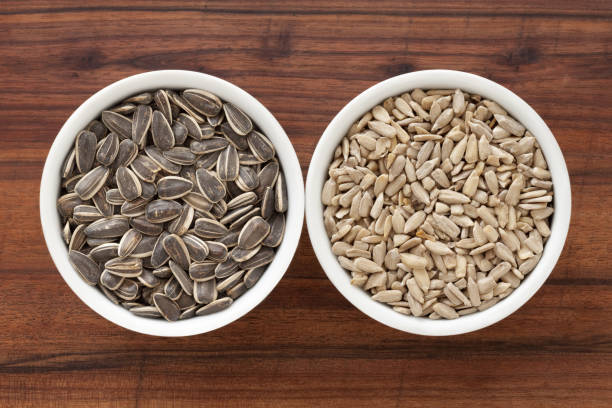
Additionally, sunflower seeds are rich in vitamins and minerals, including vitamin E, vitamin B1 (thiamine), vitamin B6 (pyridoxine), folate, magnesium, phosphorus, and selenium. Vitamin E is a powerful antioxidant that helps protect cells from damage caused by free radicals and oxidative stress. Thiamine and pyridoxine play roles in energy metabolism and nerve function, while folate is essential for DNA synthesis and cell division. Magnesium and phosphorus are crucial for bone health and muscle function, and selenium acts as an antioxidant, protecting cells from oxidative damage.
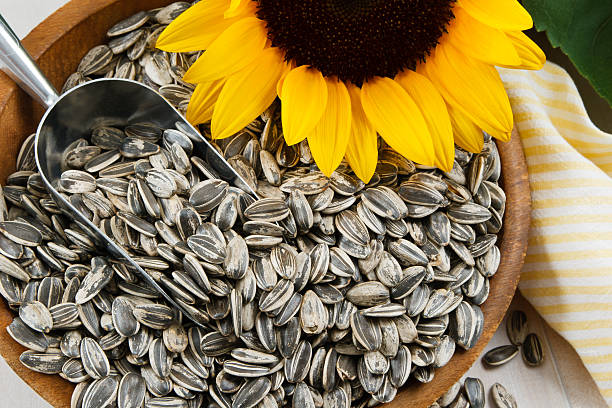
Furthermore, sunflower seeds are a good source of dietary fiber, both soluble and insoluble. Fiber supports digestive health by promoting regular bowel movements, preventing constipation, and feeding beneficial gut bacteria. Including fiber-rich foods like sunflower seeds in one’s diet can help maintain a healthy gut microbiome and may reduce the risk of digestive disorders such as diverticulitis and colon cancer.
In addition to their nutritional content, sunflower seeds contain bioactive compounds such as phenolic acids, flavonoids, and lignans, which have antioxidant and anti-inflammatory properties. These compounds help reduce oxidative stress in the body, combat inflammation, and may lower the risk of chronic diseases such as heart disease, cancer, and diabetes.
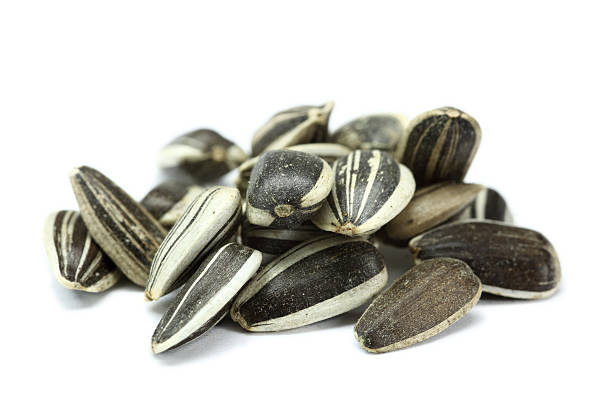
In conclusion, sunflower seeds are a nutritional powerhouse packed with essential nutrients, healthy fats, protein, vitamins, minerals, and antioxidants. Whether enjoyed as a snack on their own, sprinkled over salads or yogurt, or used in baked goods and granola bars, sunflower seeds offer a delicious and nutritious way to boost overall health and well-being. Incorporating these nutrient-rich seeds into a balanced diet provides a range of health benefits and adds depth of flavor to culinary creations.

